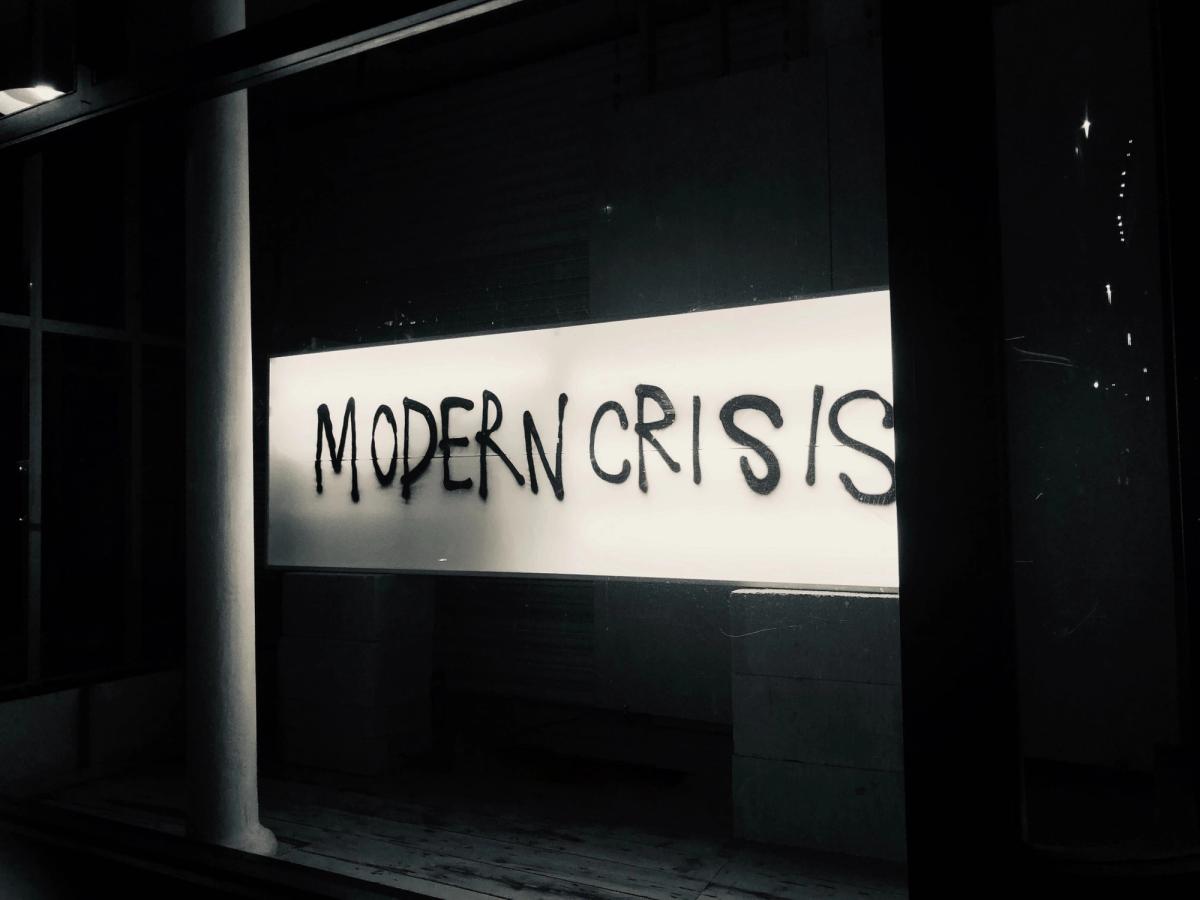We knew it would be bad. This pandemic has not just been a health crisis; it has also peeled away the layers of endemic inequality, pervasive racism and structural unfairness to expose a system in dire need of root and branch reform. And now we must do something about it.
When the Covid-19 crisis struck, the Creative Industries Federation—a coalition of large and small creative businesses, cultural institutions and creative individuals, from jewellery makers to blockbuster film and games makers; with design, fashion, music, architecture, advertising and the visual and performing arts in between—surveyed our members about current and projected losses in 2020. The survey was completed by over 2,000 creative organisations and freelancers. Then, in collaboration with other interested organisations, we handed the results over to the number-crunchers and impact forecasters, Oxford Economics.
The result is a cultural catastrophe. This year the country could lose £29bn of the projected economic contribution of the creative industries. More than 400,000 creative jobs are expected to be lost. The sector’s revenue is projected to fall by £1.4bn a week. London and the South East will be worst hit both in terms of jobs and earnings, but every region and nation of the UK is going to suffer. The creative sector will be hit twice as hard as the wider economy.
After the recession of 2008, the creative industries were our success story. Earnings and employment grew steadily. Creative industries contributed £111bn to the UK economy in 2018, a 43% increase since 2010. Between 2017 and 2018, our growth rate was more than five times that of the economy as a whole. But now the things that make our industries profitable—our flexibility as mainly small businesses, our agility, the high level of commitment from so many self-employed people, and the key role we play in entertainment and the arts—have been working against us.
We look enviously at Germany, where the government has earmarked €1bn for arts and culture. This is spread across both private and publicly funded institutions, with €450m for private projects and enterprises, especially in film, theatre and live music. In France, freelance cultural workers enjoy a form of social security that keeps them going when not working.
The Creative Industries Federation has been campaigning for an emergency fund to support those most affected by the fallout of the pandemic. In April, we sent a letter to government signed by over 400 leading figures from the creative industries and beyond. In May, we joined forces with UK Hospitality and the Association of Leading Visitor Attractions to call for extra support for those industries who will be latest to be back up and running. Oliver Dowden, the secretary of state for digital, culture, media and sport, has pledged not to let our world-leading creative sector be destroyed; hinting at a deal he hopes to secure with Treasury—but it needs to come soon.
Thousands of creative businesses have been forced to shut down. Many are facing bankruptcy. We have to make sure that creative businesses where social-distancing doesn’t work can stay part of the living network that makes the creative industries so exciting to work in.
Now must be the time to mobilise our creative thinking and turn ourselves into a nation of “imagineers”, to both imagine and engineer our future. And we need to think big. How about a Cultural Renewal Fund, something as impressive as Germany’s New Start for Culture? How about an investment approach that prioritises people over buildings and institutions? Greater Manchester’s Mayor, Andy Burnham, is developing a Young Person’s Guarantee—echoing the many voices who are calling on government to boost and reform apprenticeships so they work for smaller employers and tackle youth unemployment.
We need a Creative New Deal, something that will not only get the creative industries back on their feet, but address long-term deficiencies, from the lack of risk capital to the way the arts are being squeezed out of the school curriculum. The creativity of the creative industries must be at the heart of our renewal and regeneration.
We are the industries of the future. We are highly innovative. We employ people, not machines. We help to shape this country’s cultural identity. We are the people keeping the public entertained; supporting the nation’s mental health. We are the people who have been pioneering social prescribing and community cohesion programmes. We’re also a major driver of economic growth, in every region.
Everyone in this country, one way or another, benefits from what we do. The creative industries helped to get us out of the last recession. They can get us out of the coming one. And they can help us build a fairer, kinder country too.
• Caroline Norbury is the chief executive officer of the Creative Industries Federation


